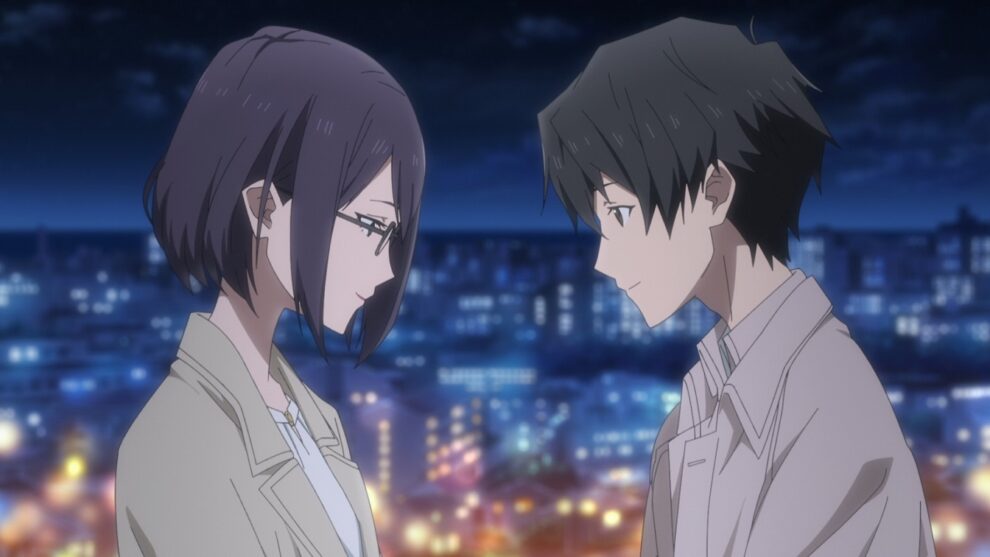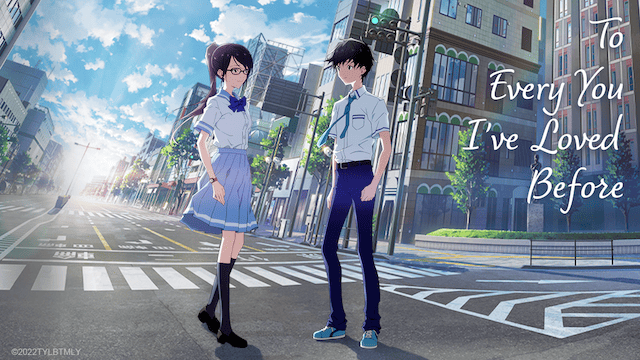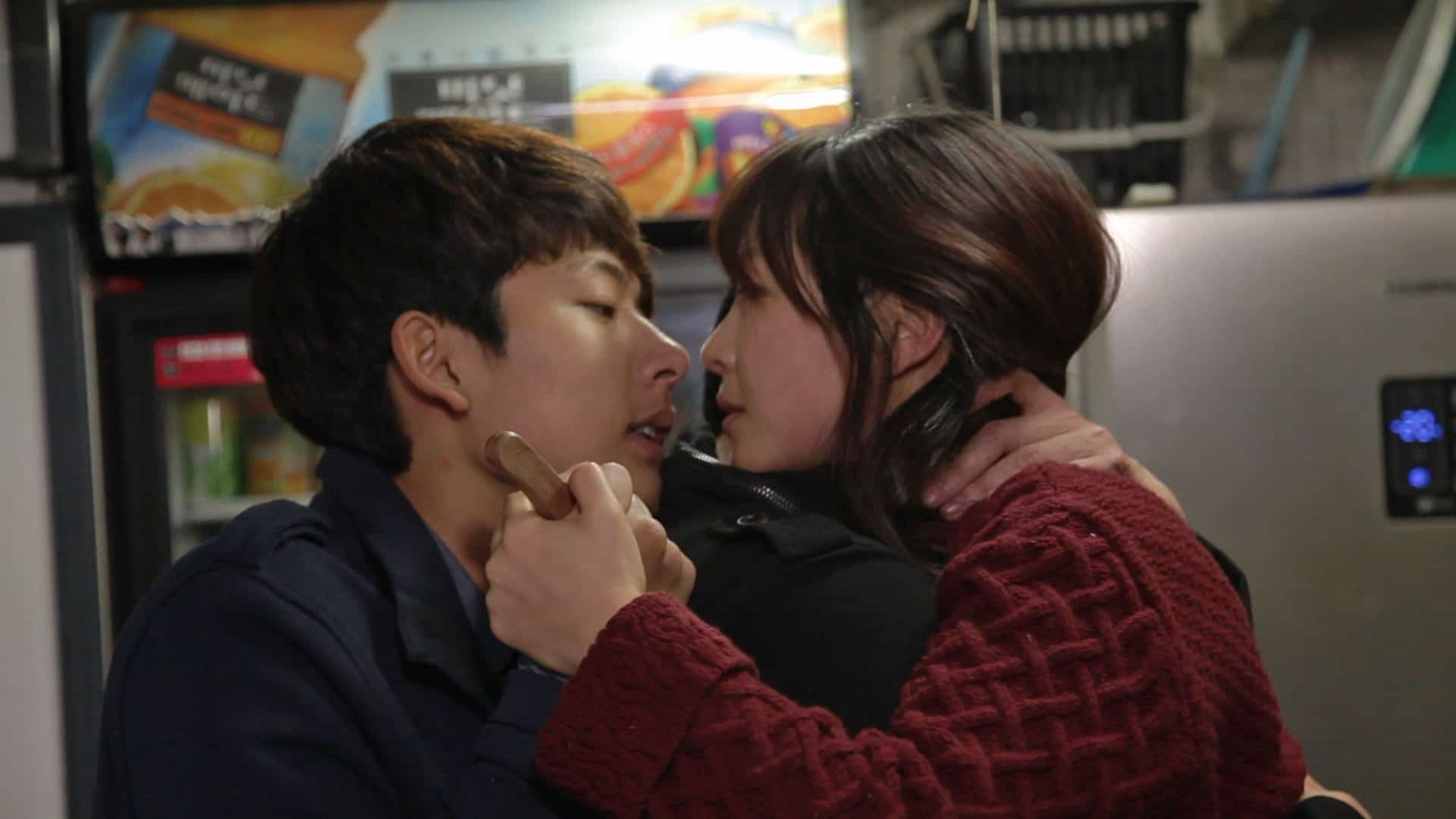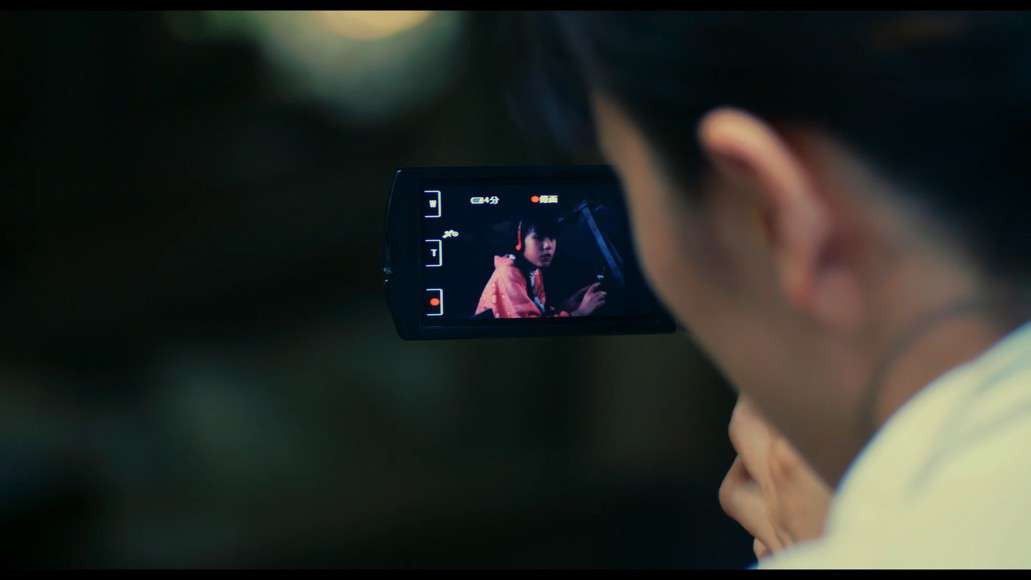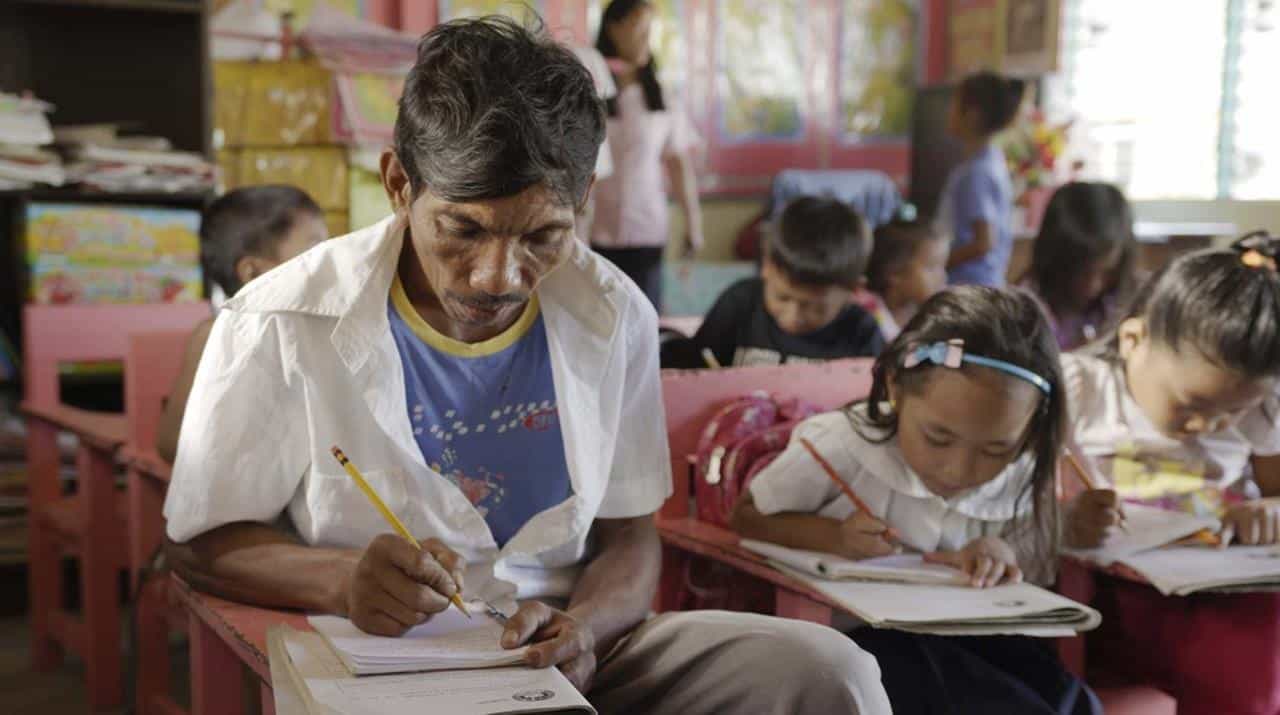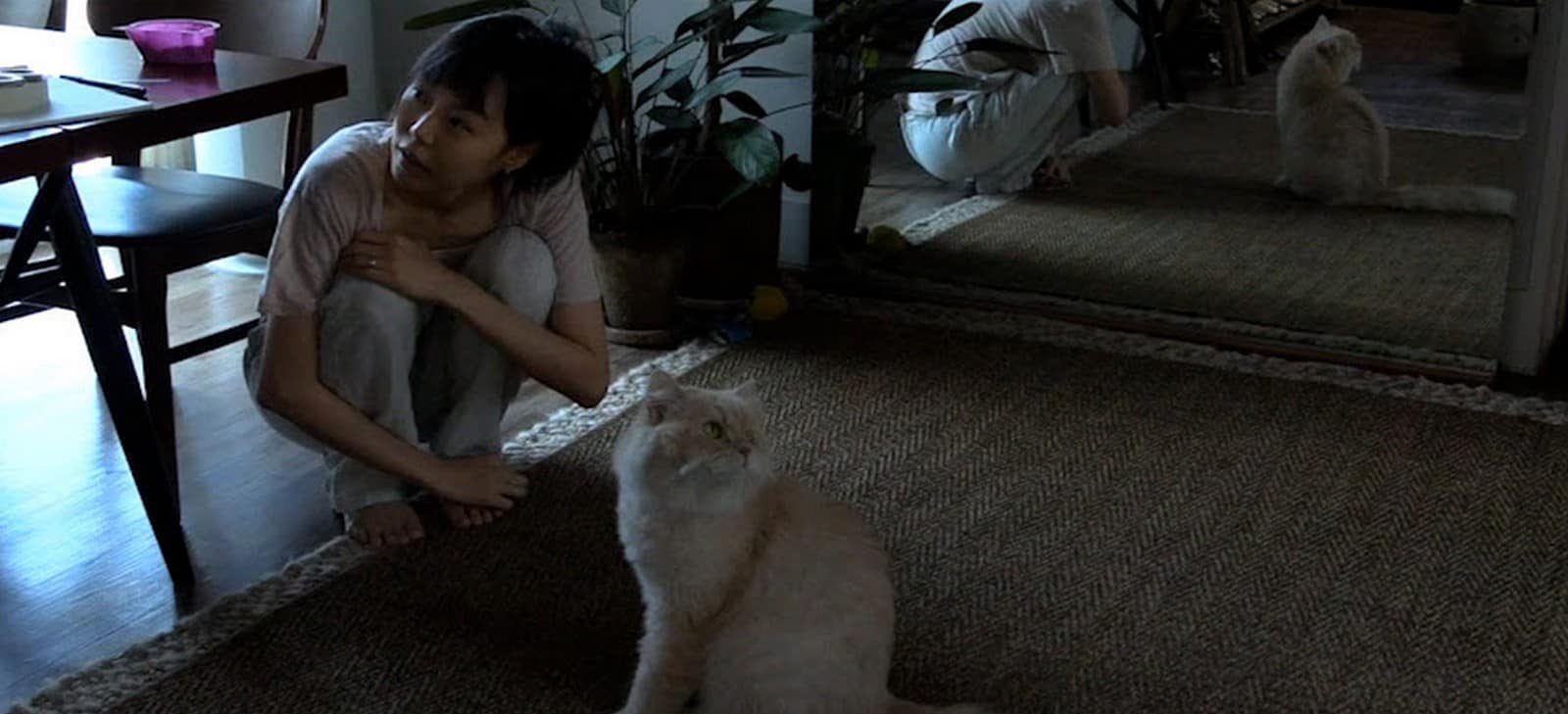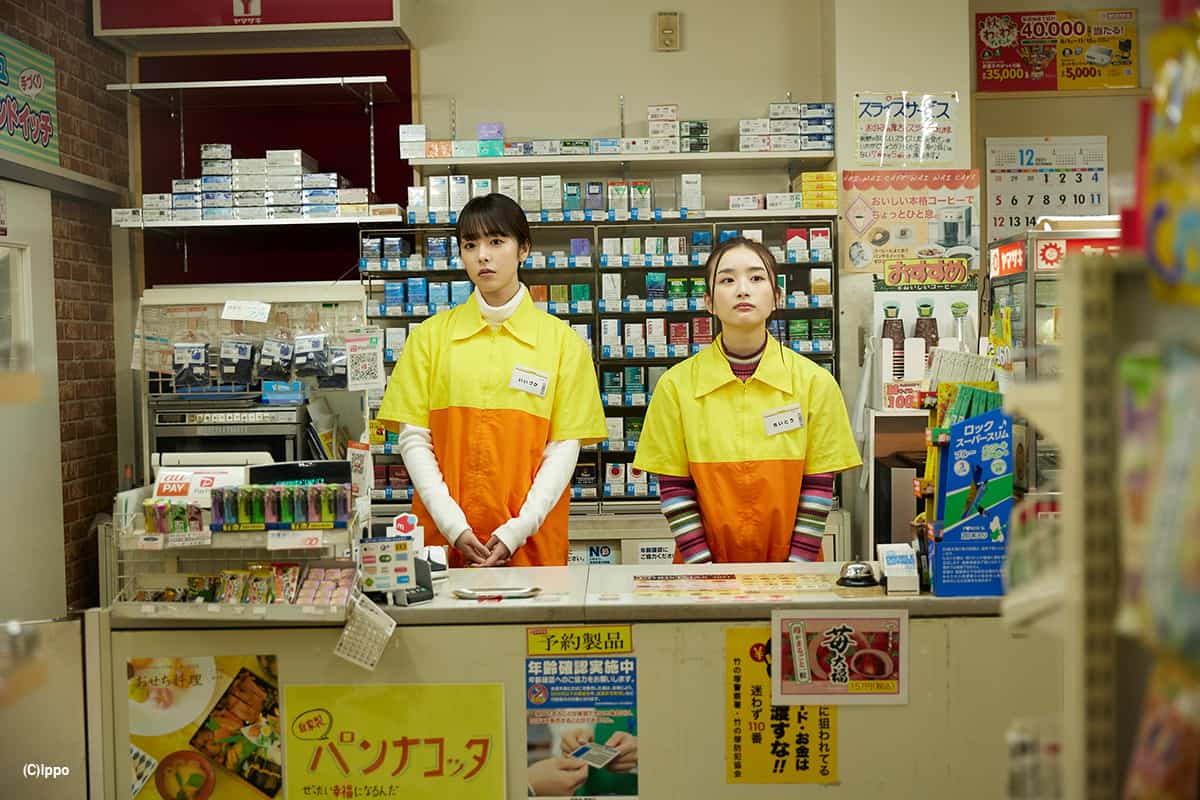As we also mentioned in the “To Me, The One Who Loved You” review, the two movies, along “To Every You I've Loved Before” are part of a duology which is supposed to be watched subsequently, with the order not being an issue. Supposedly. Because in principle, watching “To Me” first actually makes a lot more sense. Nevertheless, let us see what the movie is all about, while making a slight comparison between the two movies.
Watch This Title on Crunchyroll
by clicking on the image below
This time, Koyomi Takasaki is living with his mother instead of his father after their divorce, and is struggling to make friends in the university prep school he attends as the movie begins. One day, he is approached by his classmate Kazune, who informs him that in a parallel word, number 85, they are a couple, which is actually true as we know from the other movie. Although difficult to believe, the two eventually come closer.
Again like in the first film, the whole concept of the parallel words, even if taking a large part of the story particularly through slightly scientific language, is essentially just an “excuse” to talk about the major themes of both titles, of which there is a number. The first and most obvious is how simple choices, occasionally not even made by us (as in the case of Koyomi's parents for example) can change our whole lives, with Jun Matsumoto playing a lot with the concept, also through the use of parallel worlds. The parallel worlds also play in the concept of love, and how it transcends time and space essentially, with the two movies focusing one in the romance between Koyomi and Takasaki and one between Koyomi and Kazune, with the second one, being much more fulfilling.
The main reason for that fulfillment is the presence of Kazune, who is essentially the most full-fledged and likable persona in the story, even if much of the sympathy about her derives from Koyomi's attitude towards what is, actually, a sacrifice on her part. The finale actually vindicates her in the most satisfying way, concluding probably the most interesting arc in the two movies.
Lastly, as we watch Koyomi growing up in isolation, another comment comes to the fore, this time regarding how the lack of communication with others can shape people, in essence turning them into introverts who find it very difficult to express any kind of feeling.
Among the main differences between the two films is definitely the concept of the parallel worlds, which, in this case, is much more toned down and easily explained, which is definitely a tick on the pros column. The character design, this time by Shinichi Machida, differs somewhat from the first movie, and I daresay it is slightly better, particularly in the way the older selves of the protagonists are presented. In general though, the production values are not particularly good, even more considering that this is a movie and not a series, which emerges as the biggest issue of both movies.
The project with the two movies whose storylines move parallely was quite ambitious and interesting, and to a degree, it works well. However, if one considers that in order to grasp the full story a watch time of more than 3 hours is demanded, then the result is not so appealing, even more so due to the complicated script and the overall production values. Where the two movies definitely thrive, though, is when they focus on the love triangle, the analysis of the characters, the family drama, and the slice-of-life elements, which will most probably appeal to fans of these anime categories.


